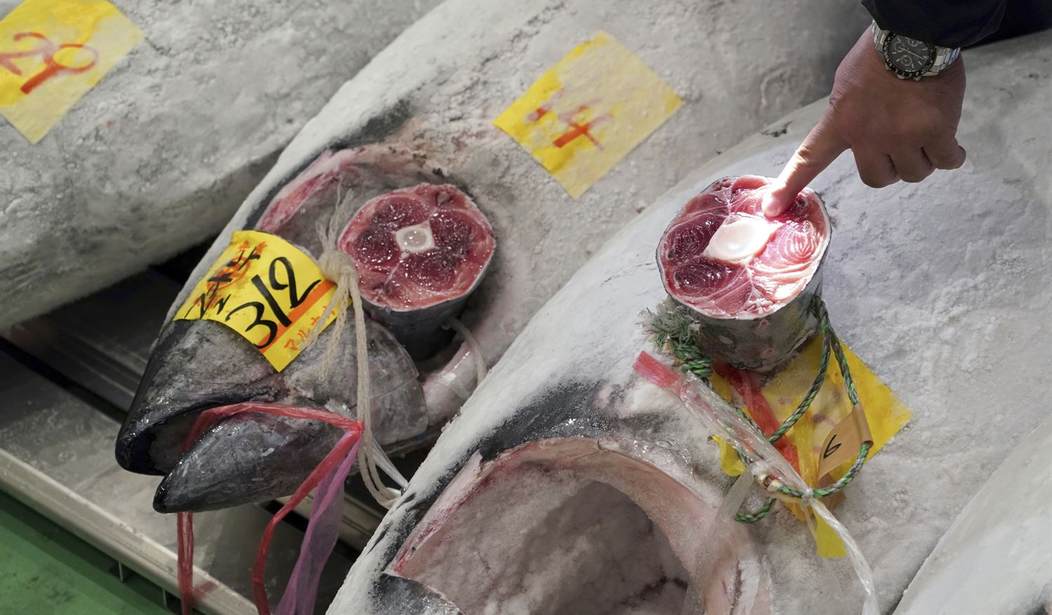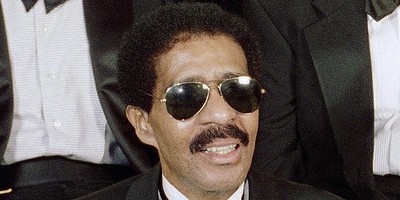PITTSBURGH -- Evelyn Wade was standing in a line with her friends, Sandra Owen and Janet Mundy. The queue not only filled the long hallway of the Allegheny Elks Club lobby but went out the door and down the steps. It then stretched around the city block of Cedar Avenue. Wade is a regular at the neighborhood fraternal club's weekly Lenten Friday fish fry. Owen and Mundy are not.
"Evelyn said the fish sandwiches are amazing, but she also said the atmosphere was great, too," Owen said. "Even though I am not even at a table yet, I can see what she means. You get a real sense of belonging and community just standing here meeting people."
For the next three hours, the social hall of the city neighborhood's Elks filled up with hundreds of people grabbing whatever chair they could find on long, cafeteria-style tables sitting side by side, most of the time with people they had never met. They discussed the neighborhood, found out they knew someone who knew someone who knew them, as well as the tastiness of the freshly made battered cod, homemade stick-to-your-ribs macaroni and cheese, coleslaw and french fries they devoured.
Friday fish fries are an American tradition rooted in the Catholic practice of abstaining from meat on Fridays during Lent, a practice brought here during the great European migration of the early 20th century, with many of those immigrants settling in Rust Belt Appalachia and the Midwest.
First seen as an inexpensive way for the devout to gather and enjoy meals in church halls with people from their parish, it soon became a way for those same parishes to raise money for the funding of schools and churches because of the relatively low cost to make a dinner out of fish.
They are almost all exclusively run by a team of dedicated volunteers young and old who usually start their preparations for the meals on Tuesdays. They start by purchasing the breading, macaroni, cheese, eggs, fresh cabbage and milk for the sides. Most parishes and organizations buy the fish fresh at the market on Friday mornings.
Recommended
The Lenten fish fry has since expanded across the nation, migrating in the same patterns as the children and grandchildren of the families who originated them. Each region showcases its cultural flair with dishes at the events -- in the Midwest, it is cod and walleye, in the South, it is catfish, and on the Atlantic coastline, it is lobster and crab.
The side dishes are almost as important: macaroni and cheese, pierogies, french fries, coleslaw and hush puppies are the most popular.
The Elks fish fry isn't an isolated event; hundreds of church basements, cafeterias, volunteer fire departments and other fraternal social halls across this city alone are filled with people who often leave having made new friends, or at least having reconnected with old ones.
It is impossible to drive four blocks in this city and not find a corner filled with signs encouraging you to support its fish fry or bragging a bit about it being the best one.
The event is so popular across the region, the local news organizations compete to provide the best lists, maps and apps so locals can either find the one closest to them or mix it up for the next seven weeks. It's not just here -- the same is true in places as varied as Michigan, California, Wisconsin, South Carolina, Alabama, Colorado, Mississippi, Florida and Kentucky.
In fact, the only two places in the country I had a hard time finding a fish fry were in New York City and Washington, D.C. A call to the Catholic Archdiocese of New York revealed the practice wasn't something it was aware of, and a Reddit post backed that up. As far as D.C. goes, no one at the archdiocese even answered the phones, but all of my devout Catholic friends in the city said that fish fries at churches or community centers weren't a thing there.
In much of America, Catholic parishes are not alone in doing the fish fry. Nor is it exclusively Catholics who attend them.
At the Elks last Friday, there were Baptists, Methodists, Jews, Evangelical Protestants and agnostics. It wasn't just different religious affiliations, either. Every race and age was represented, from the high school junior to the great-grandmother who bonded with her after discovering the teenager competitively swam with one of her grandsons.
Phil Bujakowski, a longtime member of the community and the Elks, pointed to the room packed with people, all enjoying a great meal and each other while a banjo quartet kept the mood upbeat. "This is where the magic happens," he said.
He and his wife Nicole, his best friend Dr. Paul Carson, his wife and his two young children all held court at the corner seats of the ballroom stage, which was converted to accommodate extra seating. "We gather here, and we become part of something bigger than self," he said. "It is about having a community gathering place; our tribal rituals have their place here. We bond, we help, we fund, we build, we argue, we make peace, and, in general, support each other and our neighborhood."
The best part, Bujakowski said, is that "none of us realize, really realizes that is what we are doing. We are just too busy building friendships and strengthening the community."
Youngstown State University geography Professor Emeritus Tom Maraffa, an expert on the rooted and the rootless in our culture and the impact of their differences, said he is surprised by the lack of these types of community-driven events in D.C. and New York. But, he added, it helps explain why their residents often don't have a cultural understanding of the people in the middle of the country.
Maraffa said traditions like this one survive in regions outside places like New York and D.C. because there is a more stable population of long-term residents that share aspirations and connective tissue. "Adult children are more likely not to move away and therefore continue these traditions," he said. "Large metro areas have more population churning and lack the critical mass of the permanent or rooted residents to maintain these traditions."
Places such as D.C. and New York also have a higher proportion of two-earner households and less time to devote to activities outside work. "Their concept of volunteerism is oriented more to social causes," he said. "They often do their volunteerism online through things like GoFundMe." Less-rooted people, he said, tend to acquire empathies for ideology and abstractions, in contrast to the rooted, whose affinity is for community and neighborhoods.
Frank Randza was busy running the operations in the Elks kitchen, dipping the fresh cod in the flour and breading before placing it in the fryer. He said that when the Elks shut down during COVID-19, the "profound sense of loss" was hard to explain. "Not just for the people attending the fish fry but also for us who volunteer to make events like this happen for the community, you lose your purpose. That is a value very important for all of us."
Carson agreed. "It was a real sense of loss and disconnect from each other and the neighborhood," he said. "It is hard to describe how meaningful this is unless you have experienced it and then lost it ... that's when you know."
Dean Welsh, who moved here from Chicago with his wife Claire and newborn daughter June two years ago, puts it this way: "The best way to describe the sense of community you get here is calling it a home away from home. I can't think of a better way you feel when you walk in here and are part of this thing that is bigger than just you and just embraces you."
Bujakowski comes back after a quick check outside the Elks to see the status of the line. "It is almost eight o'clock and the line is still out the door and around the block," he says. "That tells you everything about what people are hungry for, and it is not just the food."
Salena Zito is a CNN political analyst, and a staff reporter and columnist for the Washington Examiner. She reaches the Everyman and Everywoman through shoe-leather journalism, traveling from Main Street to the beltway and all places in between.

























Join the conversation as a VIP Member